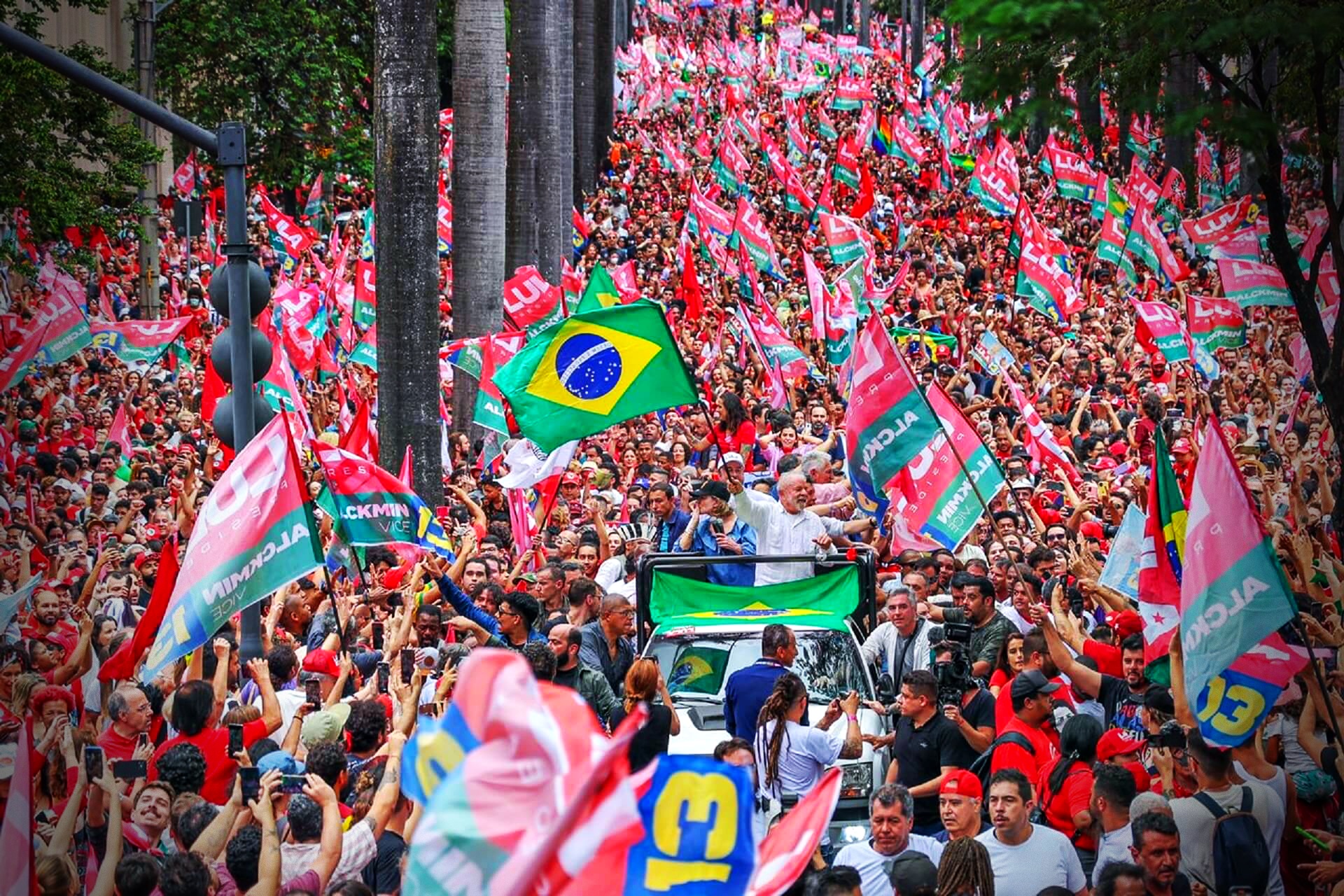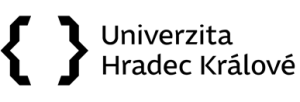
This class aims to introduce students to the study of electoral systems and party systems in Latin America through a survey of the most salient issues in the academic literature. It presupposes a baseline knowledge of Latin American politics so that students can contextualize the new information during the semester. At the core of the class, there is the idea that political institutions are the combined outcome of legal frameworks and political contingencies.
The first part starts by looking at how a US-centric political science historically looked at Latin American political institutions with suspicion, then moves away from this perspective to examine the adoption of electoral laws and systems across the region. It then examines issues related to presidentialism and its dangers, discussing the two related themes of re-election and direct democracy.
Then the second part of this course examines Latin American party systems starting from looking at political cleavages that differentiate parties and the societal linkages that anchor them to the electorate. At that point, the class will be able to tackle the most important question of the class: why are Latin American party systems weakly institutionalized and why is electoral behavior volatile across the region? Finally, the last two weeks look at how the institutional configuration has been able to accommodate indigenous parties and how niche and populist parties have proliferated.
- Trainer/in: Pavel Dufek
- Trainer/in: Alberto Lioy
